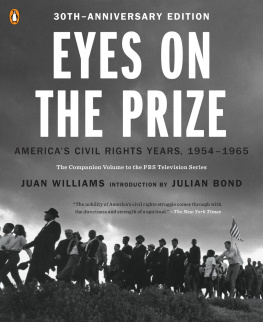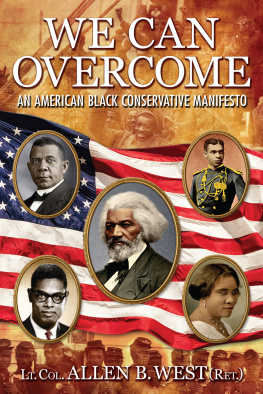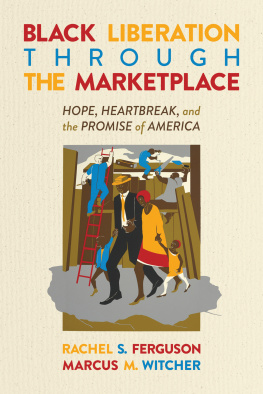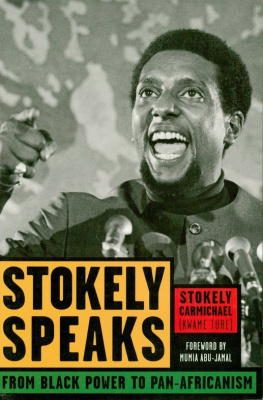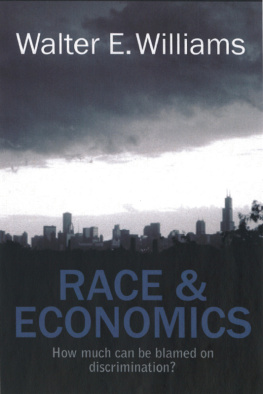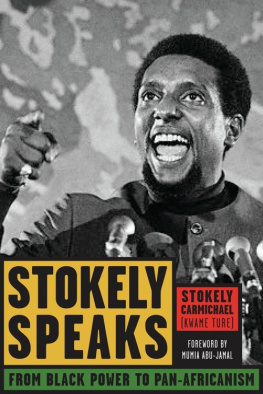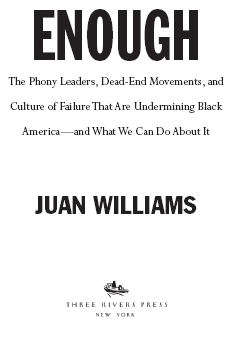Juan Williams - Enough: The Phony Leaders, Dead-End Movements, and Culture of Failure That Are Undermining Black America—and What We Can Do About It
Here you can read online Juan Williams - Enough: The Phony Leaders, Dead-End Movements, and Culture of Failure That Are Undermining Black America—and What We Can Do About It full text of the book (entire story) in english for free. Download pdf and epub, get meaning, cover and reviews about this ebook. year: 2007, publisher: Crown, genre: Politics. Description of the work, (preface) as well as reviews are available. Best literature library LitArk.com created for fans of good reading and offers a wide selection of genres:
Romance novel
Science fiction
Adventure
Detective
Science
History
Home and family
Prose
Art
Politics
Computer
Non-fiction
Religion
Business
Children
Humor
Choose a favorite category and find really read worthwhile books. Enjoy immersion in the world of imagination, feel the emotions of the characters or learn something new for yourself, make an fascinating discovery.

- Book:Enough: The Phony Leaders, Dead-End Movements, and Culture of Failure That Are Undermining Black America—and What We Can Do About It
- Author:
- Publisher:Crown
- Genre:
- Year:2007
- Rating:5 / 5
- Favourites:Add to favourites
- Your mark:
Enough: The Phony Leaders, Dead-End Movements, and Culture of Failure That Are Undermining Black America—and What We Can Do About It: summary, description and annotation
We offer to read an annotation, description, summary or preface (depends on what the author of the book "Enough: The Phony Leaders, Dead-End Movements, and Culture of Failure That Are Undermining Black America—and What We Can Do About It" wrote himself). If you haven't found the necessary information about the book — write in the comments, we will try to find it.
Written in the tradition of DuBois and King, Enough is an impressively powerful and courageous book.David J. Garrow, Pulitzer Prizewinning author of Bearing the Cross
Half a century after brave Americans took to the streets to raise the bar of opportunity for all races, Juan Williams writes that too many black Americans are in crisiscaught in a twisted hip-hop culture, dropping out of school, ending up in jail, having babies when they are not ready to be parents, and falling to the bottom in twenty-first-century global economic competition.
Williams makes the case that while there is still racism, it is way past time for black Americans to open their eyes to the culture of failure that exists within their community. He raises the banner of proud black traditional valuesself-help, strong families, and belief in Godthat sustained black people through generations of oppression and flowered in the exhilarating promise of the modern civil rights movement. Williams asks what happened to keeping our eyes on the prize by proving the case for equality with black excellence and achievement.
Reinforcing his incisive observations with solid research and alarming statistical data, Williams offers a concrete plan for overcoming the obstacles that now stand in the way of African Americans full participation in the nations freedom and prosperity. Certain to be widely discussed and vehemently debated, Enough is a bold, perceptive, solution-based look at African American life, culture, and politics today.
Juan Williams: author's other books
Who wrote Enough: The Phony Leaders, Dead-End Movements, and Culture of Failure That Are Undermining Black America—and What We Can Do About It? Find out the surname, the name of the author of the book and a list of all author's works by series.

